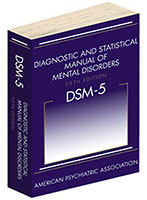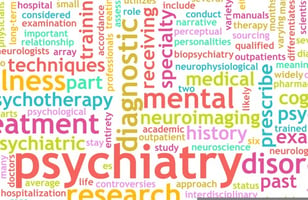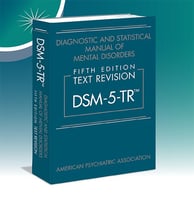A comparison of young people diagnosed with attention-deficit/hyperactivity disorder (ADHD) using...
Clinicians Say DSM-5 Criteria Easy to Understand and Use
 |
As part of the process that tested the more-dimensional approach that characterizes DSM-5, APA’s Division of Research conducted a series of field trials in settings of routine clinical practice. Researchers recruited a sample of 621 psychiatrists, clinical psychologists, social workers, counselors, and other licensed mental health professionals. Each participant was then asked to report on at least one randomly selected active patient. Data were provided on 1,269 patients, who also answered study questions.
The clinicians reported that the revised criteria were generally easy to use and were useful in patient assessment, said principal investigator Eve Mościcki, Sc.D., M.P.H., and colleagues today in Psychiatric Services in Advance. “The clinicians put in a lot of effort collecting data on their patients,” she told Psychiatric News. Large majorities favored the overall feasibility of the DSM-5 approach, the clinical utility of the DSM-5 criteria, and the value of its cross-cutting measures.
“These trials indicate that the DSM-5 approach works in a wide range of practice settings and a wide range of clinical settings,” said Mościcki.
For more about DSM-5, see Psychiatric News here. Information about ordering DSM-5 and its companion volumes is posted here.





